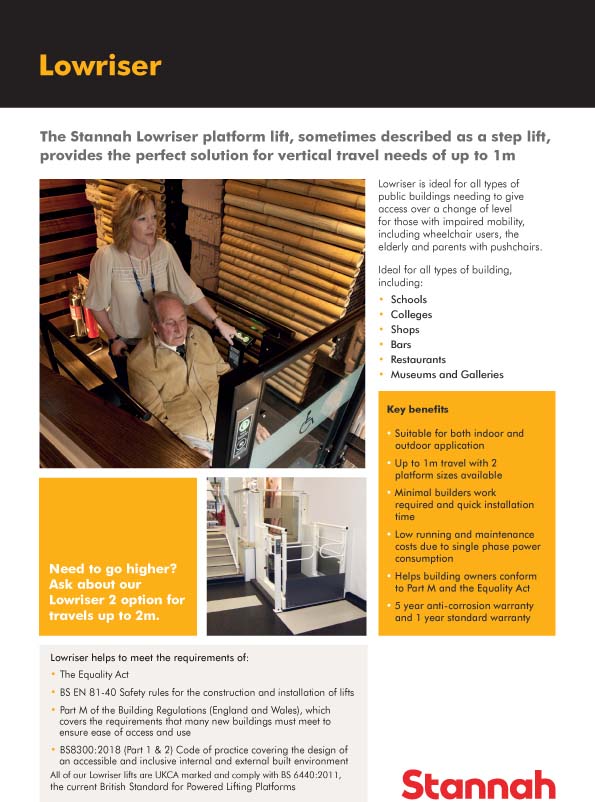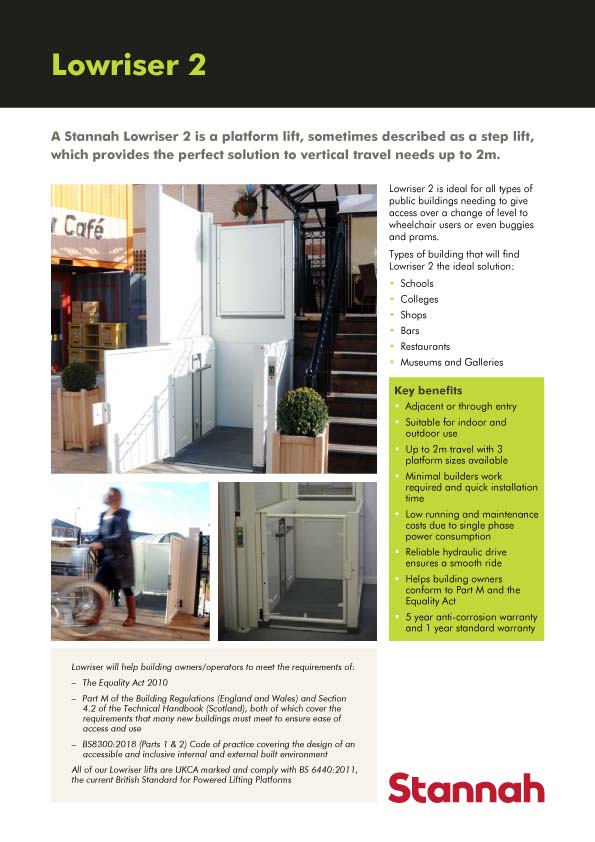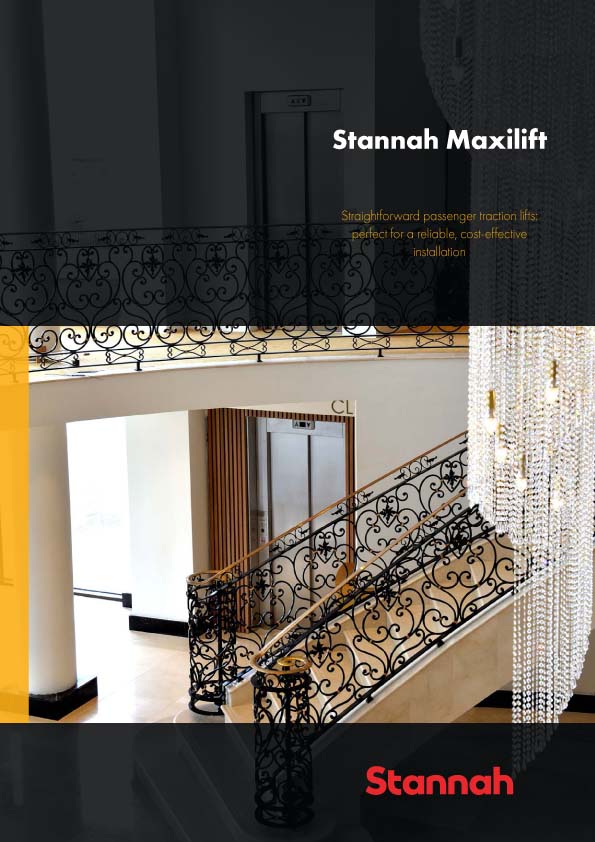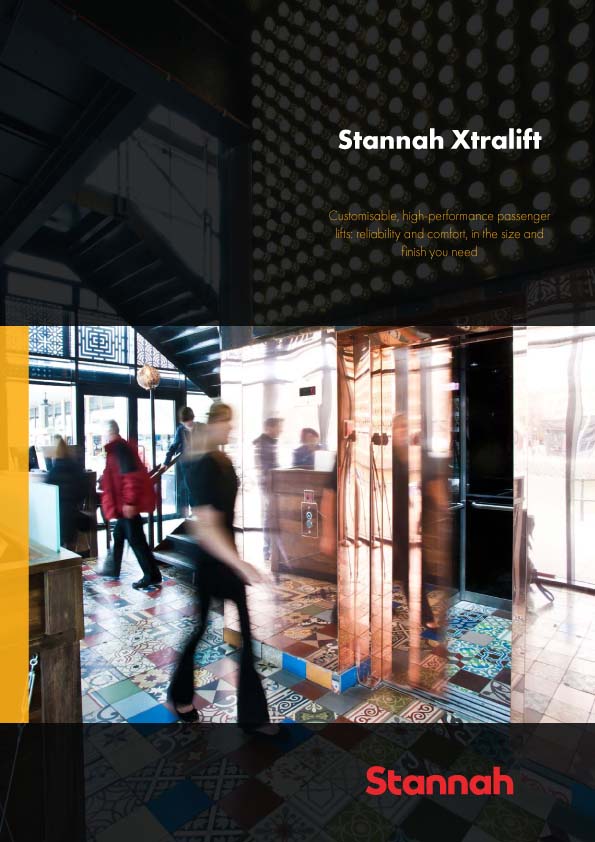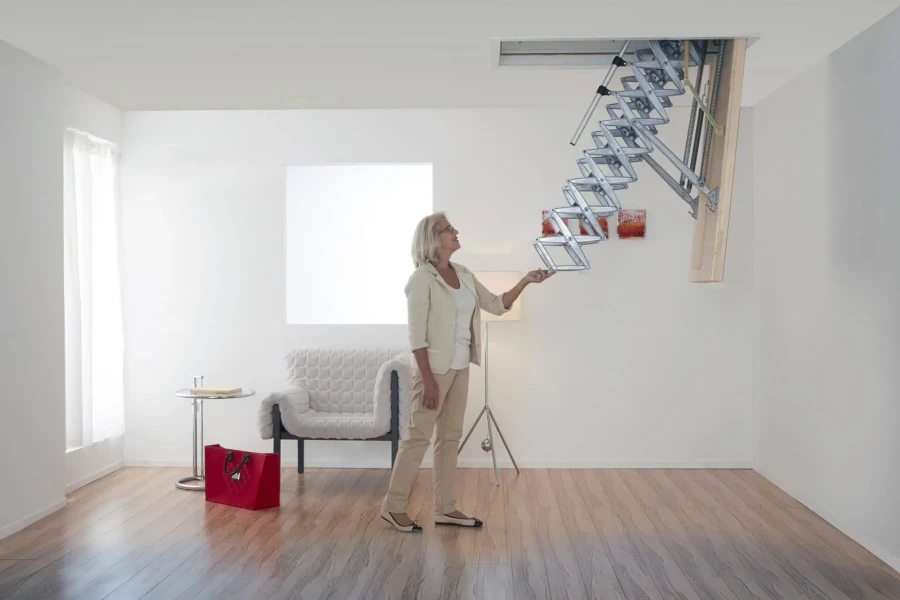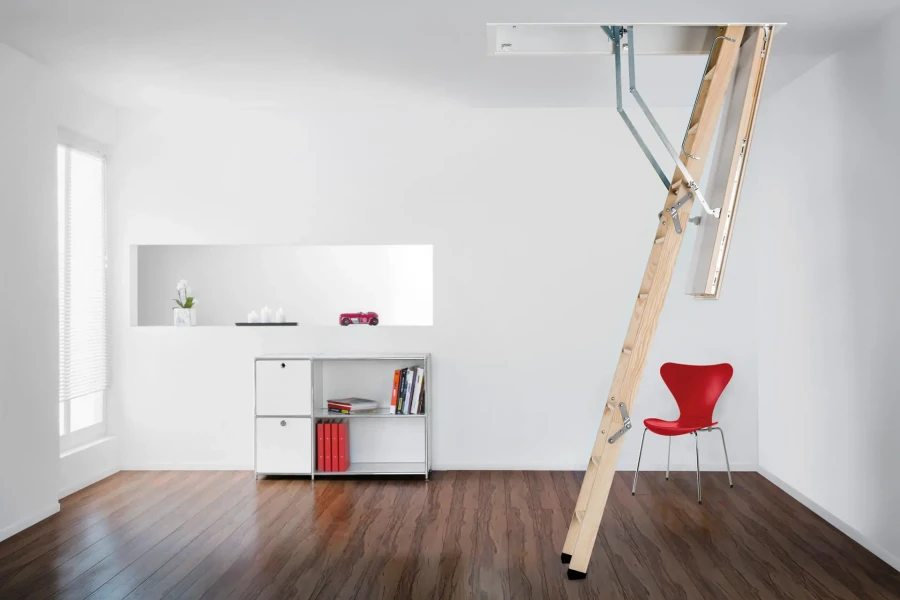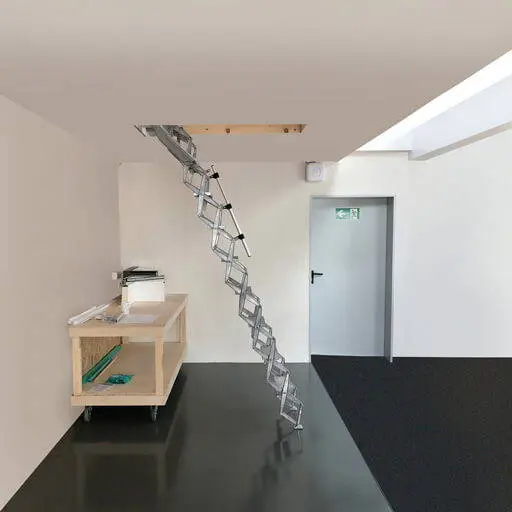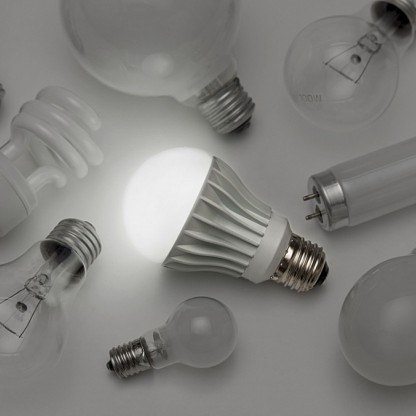
Nine in ten UK households (88 per cent) now buy energy saving CFL light bulbs, according to a European-wide survey of consumer light bulb purchasing habits.
Of these UK households purchasing CFL light bulbs, the majority (87 per cent) said the main reason was due to their energy and cost saving benefits.
The survey findings of 5,000 consumers across 12 European nations put the UK in the top five in Europe for adopting energy saving CFL light bulbs – above the European average of 78 per cent. Italy topped the European nations, with 96 per cent always or often purchasing energy saving CFL light bulbs.
However, the survey found the UK trails behind other European nations for LED light bulb purchases, with a third of households (33 per cent) now buying LEDs. Spain knocked the UK off the top five, with the nation now sitting in the middle of the European league table for LED purchases. 70 per cent of UK households purchased LED light bulbs due to the cost and energy savings.
Figures from the Energy Saving Trust show the UK could save as much as £1.4 billion on electricity bills a year through households replacing all the remaining traditional incandescent and halogen bulbs in their homes with energy-saving light bulbs (CFLs and LED spots) – around £50 saving on energy bills per household per year.
The 4.6 million tonnes of carbon dioxide saved from this would be enough to fill Wembley more than 550 times over.
The latest survey findings and figures are helping to inform the PremiumLight project, a European-wide initiative that is testing the quality of energy saving light bulbs to help support consumers in their purchasing decisions.
Tom Lock, Certification Manager at the Energy Saving Trust, says: “We are encouraged by these findings which show that the majority of the UK public are realising the energy and cost saving benefits of energy saving light bulbs and buying them for their home.
“There are clear benefits with each UK household having the potential to save up to £50 a year on their energy bills through upgrading all their home lighting to either LED or CFL energy saving light bulbs.
“The most important thing is that consumers are given clear and accurate information about the quality of energy saving light bulbs and that the cost and energy saving benefits are fully realised.
“Through PremiumLight we will be working with industry to ensure that consumers are informed about the quality and different types of energy saving light bulbs so they can make informed purchasing decisions.”
Peter Hunt, Chief Operating Officer at the Lighting Industry Association, says: “It’s clear that the UK public is realising the benefits of energy saving bulbs but confusion still remains regarding the variety of technologies on offer to them.
“The PremiumLight project marks a major step in helping people understand which versions are the right energy saving light bulbs for each application in the home.”
Energy Saving Trust is at the Interiors UK exhibition at the NEC in Birmingham today. To find out more about the PremiumLight project visit the Energy Saving Trust stand located at Hall 3 A15.










